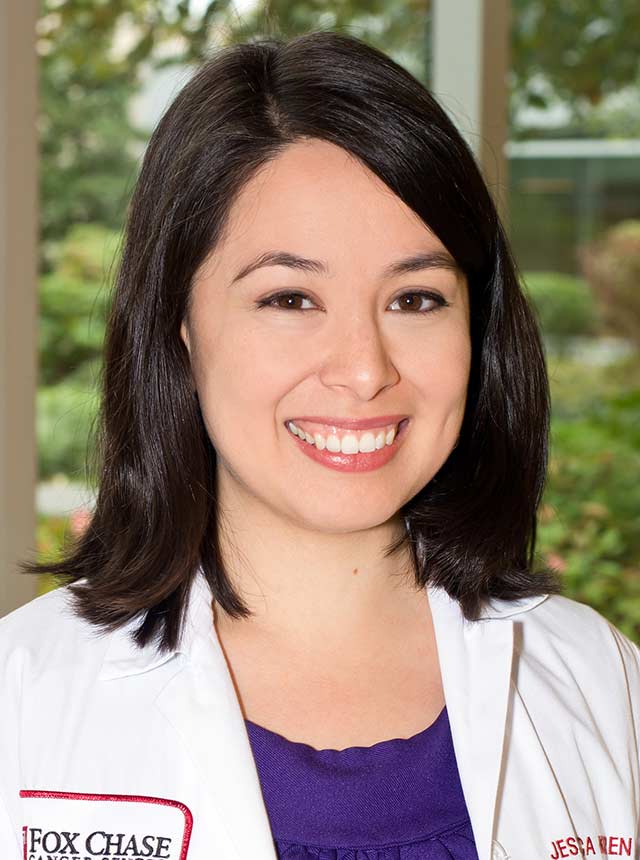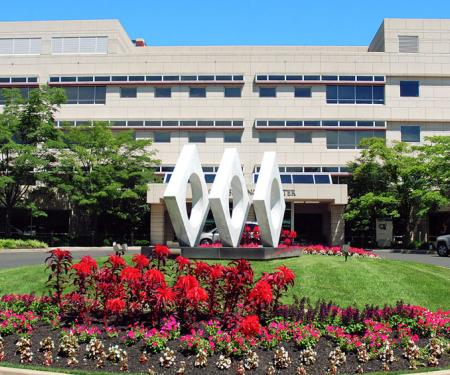
PHILADELPHIA (July 1, 2020)—In a recent study, researchers at Fox Chase Cancer Center found that factors other than just age can be useful in determining courses of treatment for older patients with locally advanced rectal cancer.
The study analyzed toxicity and outcomes of trimodality therapy in older versus younger rectal cancer patients. Trimodality therapy is a type of treatment that consists of chemotherapy and radiation followed by surgery.
“It’s been shown that this particular course of treatment has better outcomes than just surgery or just chemotherapy and radiation alone. However, older patients weren’t really well represented in trials that established this as standard of care,” said Jessica Karen Wong, MD, MEng, lead author on the study and assistant professor in the Department of Radiation Oncology at Fox Chase. She conducted the study with Joshua E. Meyer, MD, vice chair of the Department of Radiation Oncology, and several other Fox Chase colleagues.
According to the study, older adults may often deal with multiple factors that could impair their ability to tolerate aggressive treatment, including poor functional status, other existing chronic conditions, and decreased capacity for self-care.
“We wanted to look back on our institutional experience with older patients that were able to get this treatment to see if it was effective for them, what toxicity they had, and if it was worth it to go through that treatment,” said Wong.
In the study, 123 patients between the ages of 30 and 92 were observed. Patients had a 43-month median follow-up and were treated with trimodality therapy for locally advanced rectal cancer between 2004 and 2016. Among the age groups, older patients (age 65 and greater) had worse pretreatment performance status, lower pretreatment weight, and higher Charlson Comorbidity Index scores.
The Charlson Comorbidity Index is used to predict one-year survival in patients with two or more simultaneous chronic conditions. It is also a standard way of comparing patients with a variety of types and numbers of comorbidities, which is how it was used in the study. Each condition is assigned a weight value of one, two, three, or six based on its relative risk to a patient’s survival. The higher the number, the greater the risk.
“Older patients did have more toxicity, specifically more toxicity related to chemotherapy. When we looked at it in a little more granular detail, however, it was really the patients who had poor performance status more than age itself as a cutoff,” said Wong. “Patients that were already in poor health to begin with seemed to be what was driving toxicity.”
Wong said results from this study indicate that treatment for locally advanced rectal cancer should be tailored to each individual and account for factors outside of a patient’s age. She said researchers have also begun applying the same methods to analyzing toxicity of treatments in other gastrointestinal malignancies.
The study, “Toxicity and Outcomes in Older Versus Younger Patients Treated With Trimodality Therapy for Locally Advanced Rectal Cancer,” was published in the Journal of Geriatric Oncology.
